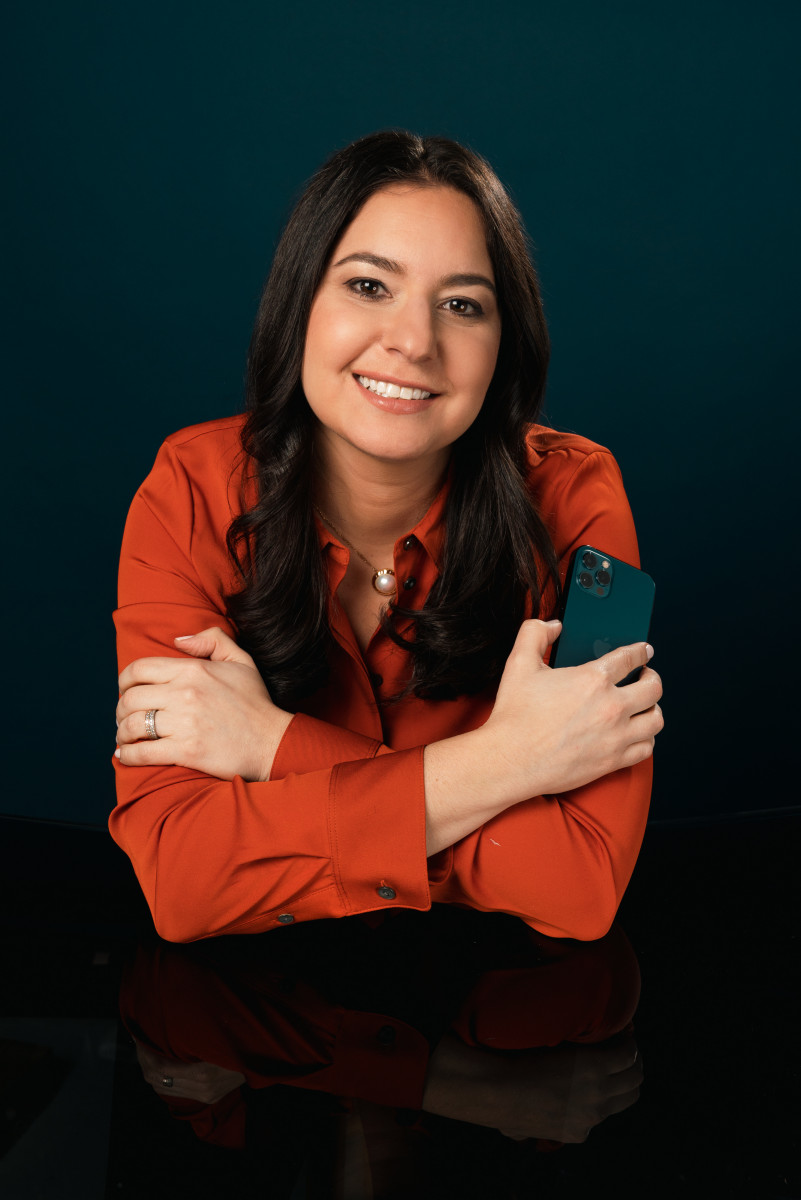
Joanna Stern is the senior personal technology columnist at The Wall Street Journal and creator of “Tech Things,” a newsletter and video series. She covers apps, gadgets and artificial intelligence with the aim to help people make smarter tech decisions.
“My coverage sometimes is a microcosm for what’s happening more broadly in these fields,” she said.
Her lecture at 10:45 a.m. today in the Amphitheater opens the overarching theme of Week Two: “The AI Revolution.” A Chautauquan herself, Stern hopes her presentation will set the stage for people to have a better understanding of the lectures during the rest of the week.
“I think that this is a primer for people who are not as familiar with the tools that are out there right now,” she said. “I want to do two things in the lecture — one, help people know and understand about these tools, and two, to understand the bigger implications of them.”
Stern has spent nearly two decades detailing the technology industry through the eyes of the consumer. She began her writing career at Laptop Magazine and Engadget, and in 2011 co-created what would later be known as The Verge. Since then, she has worked for ABC News and been a contributing writer for CNBC and NBC News. In 2021, she won an Emmy Award for her documentary, “E-Ternal: A Tech Quest to Live Forever.” Her lecture comes at the heels of recent announcements from big tech companies like Google, Meta and Microsoft, who have all released their AI efforts to varying degrees of success.
Earlier this year, Stern tested out some of these new AI gadgets, including Meta’s smart glasses, the Humane AI pin and the Rabbit R1 — products with AI assistants that are already on the market. According to her coverage, most of these feel like science projects, but AI technology is just starting out. The lesson to be learned from them is that nothing is ready. Yet.
“There’s this really powerful piece of technology that’s coming and people are just putting it out there,” she said. “Sometimes it works, sometimes it doesn’t. Right now it’s in silly gadgets, but what happens when it’s in more?”
Recently, Google and Microsoft have come out with AI chatbots which include disclaimers stating that they are still in their experimental stages. Since their release, there have been various reports of their imperfect workings all over the internet, including potentially harmful bits of misinformation.
This is the biggest problem with artificial intelligence at the moment, Stern said. Even more concerning is that the technology does not yet seem to know that it is being created by technology. Images, text and videos generated by AI have provenance tools that trace the source of the information gathered. However, Stern said that these detection tools are currently not good enough to always distinguish between real and AI-generated content.
“How can we expect a human to decide if that was a real photo or an AI-generated photo if the systems don’t?” she said.
These issues are deepened by the fact that there is a lack of transparency from tech companies that don’t want to reveal where they get the data to train their models. Stern recently had the opportunity to give prompts to Sora, OpenAI’s new text-to-video generating software, and was amazed at how lifelike the results were. While the technology is not perfect yet, it is in progress, and it’s essential to make sure that the data used to train it does not have any inherent biases.
The way to make AI software like Sora safer to use is through regulations, Stern explained. There need to be regulations put in place before increasingly accurate text-to-video technology becomes accessible to the public about what people can do with it, and also regulations around what consequences there would be when it’s not used in that way.
“Technology is a tool,” she said. “It can be used for good, it can be used for bad. It depends on what you do with that tool.”
If anything, Stern hopes that this is what Chautauquans will take away from her lecture. She believes that AI will change how we interact with technology and give us a different interface of communicating with our devices. Despite there being reasons to worry about AI, she looks to convey a more fun, experimental side of the technology.




